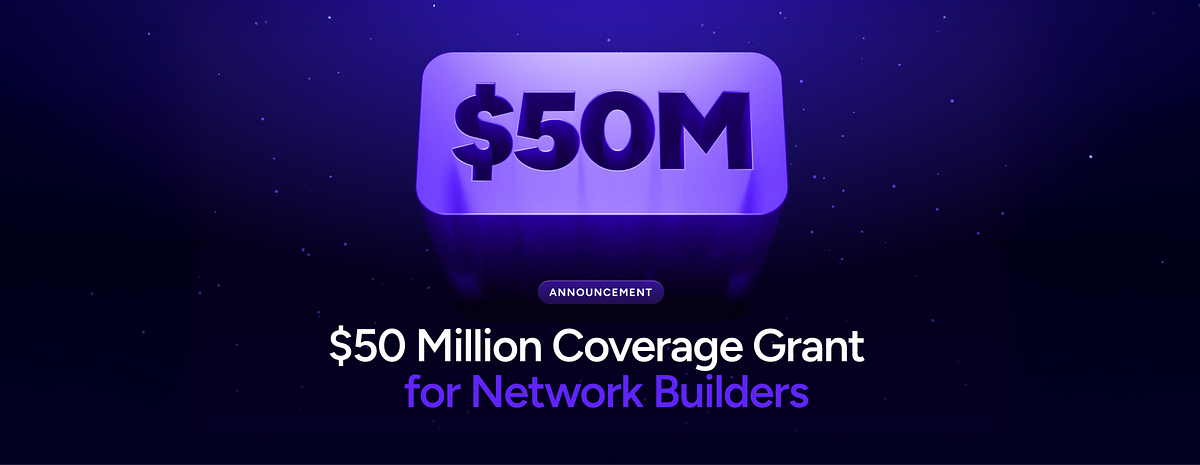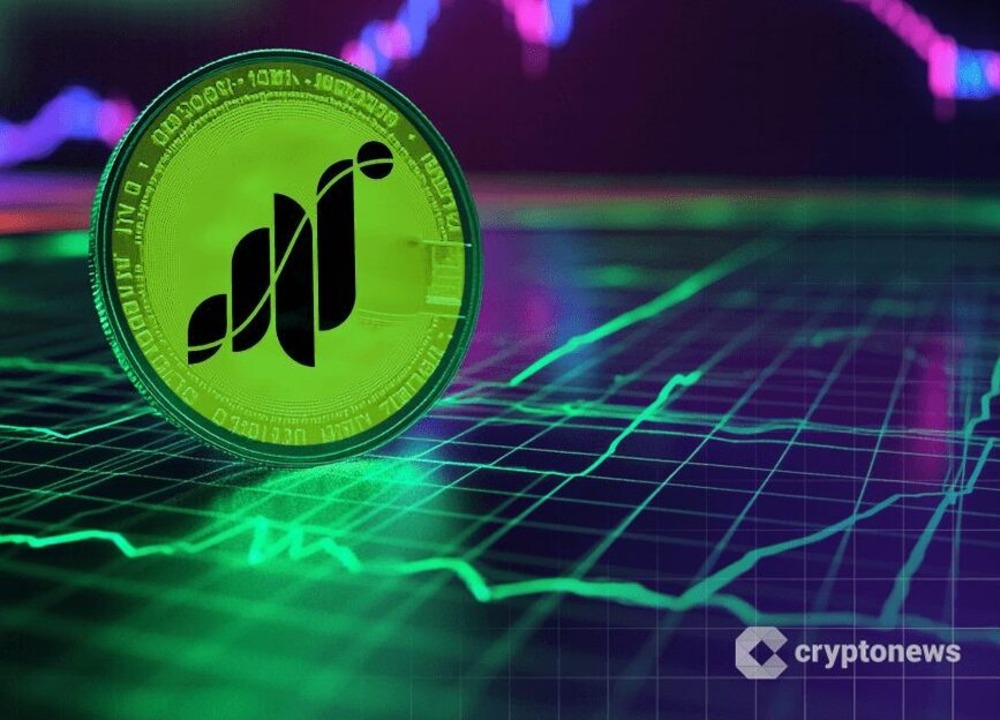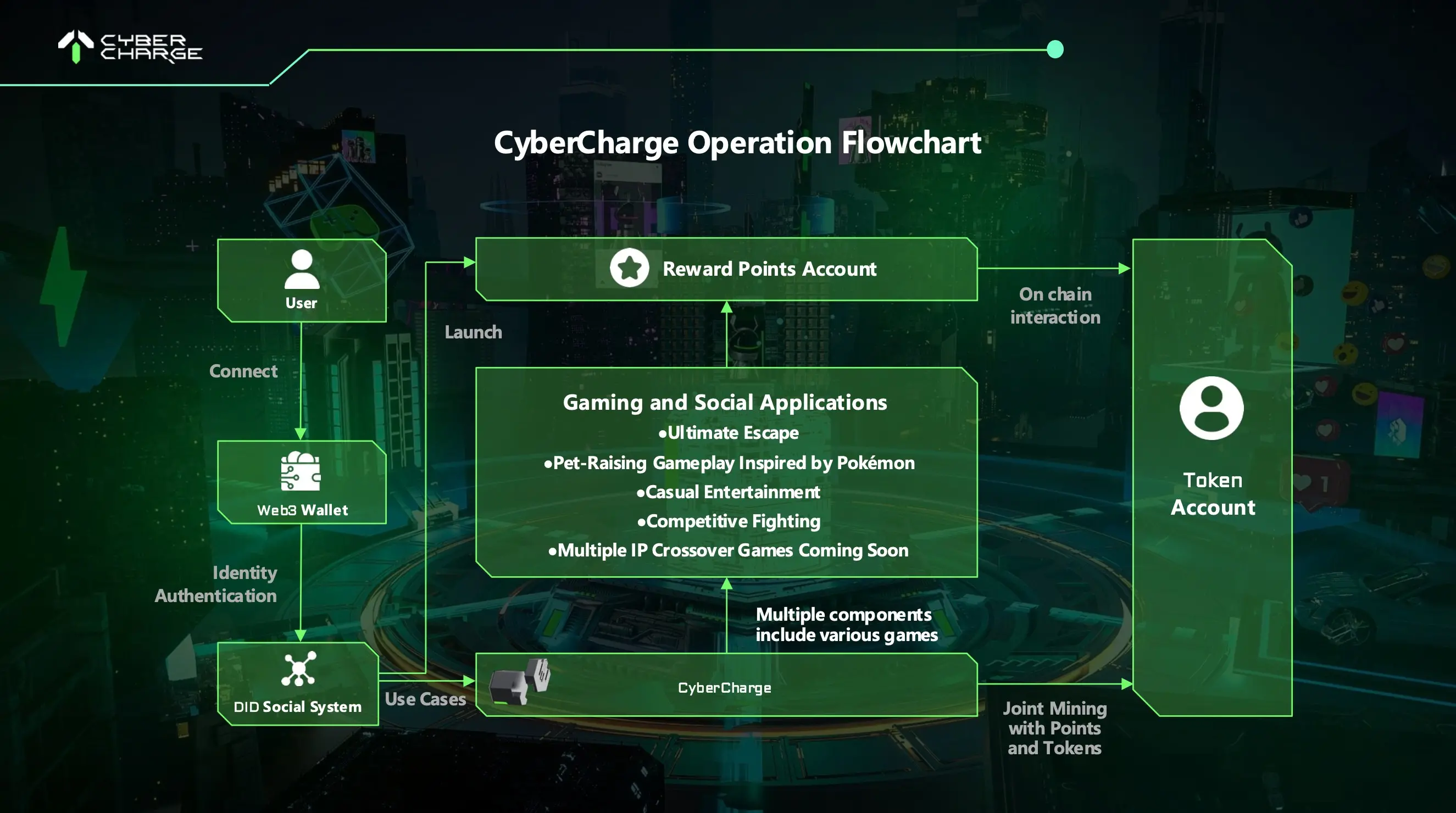Decentralized Physical Infrastructure Networks (DePin) Revolutionizing the Tech Sector

Decentralized Physical Infrastructure Networks (DePin) are reshaping the tech industry by facilitating decentralized projects in real-world infrastructure. Recent developments in the DePin sector include VanEck’s $2.5 million investment in DAWN for decentralized wireless service, IoTeX’s collaboration with the Blockchain Association for DePin political advocacy, Exabits securing $15 million in seed funding, and more.
Exabits, an AI GPU tokenization startup, received $15 million in seed funding. By tokenizing GPU compute resources, Exabits has reached a $150 million valuation and experienced a 300% quarterly revenue increase. GPUs play a vital role in the DePin AI ecosystem due to the high computing demands of AI research. While companies like Aethir focus on GPU-as-a-service partnerships, Exabits offers a unique perspective that shows promise in the sector.
Related News





